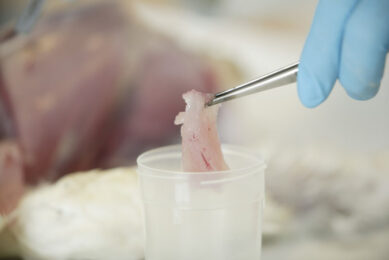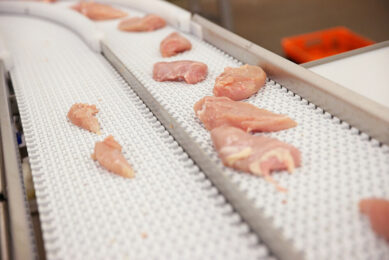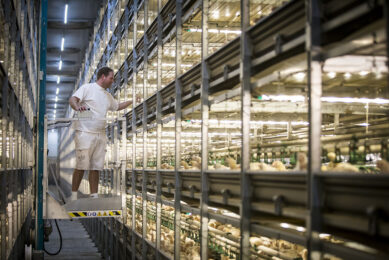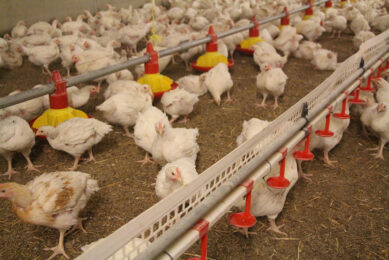World meat market to grow by 40%
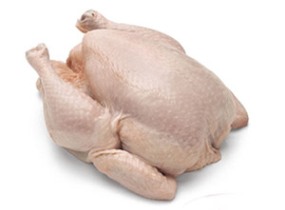
Population growth and income growth will drive the world meat market to almost 40% growth in the next 10-20 years, concluded Dirk Jan Kennes of Rabobank at the opening ceremony of VIV Europe in Utrecht, the Netherlands. This is good news for the poultry sector!
Overall growth is to be expected since more and more people pass the income threshold of $2 per day, which is the income threshold for changing the vegetarian diet to include meat. The biggest growth is to be expected in poultry meat, the pork share stabilises and beef will decrease in daily meals.
Asian growth potential
Of the estimated 40% global growth in meat production around 70% will be in Asia, however, Asia is the least able to increase its feedstuff production.
The Asian demand growth is driven by supply from the Americas. With everything else equal some 140 mln ha of extra land are needed to supply feeds for the animals to achieve the predicted growth.
Rabobank estimated that around 180 mln ha are still available for developing into farmland, most of the area to be found in the cerrados (savannas) of Brazil.
Quality pitch is expensive
Meat consumption in developed markets will focus more on quality, which eventually will increase the cost price, due to welfare obligations. In those markets regulations have to be established to avoid imports from low cost countries. Also with globalisation of meat production companies need to invest in areas to meet quality measures.
It is expected that global animal protein markets will become more heterogeneous towards 2020. In these markets feedstuffs will become a comparative advantage. If you grow feedstuffs you will attract animal production, which implies that animal production regions might shift to other areas or countries.




